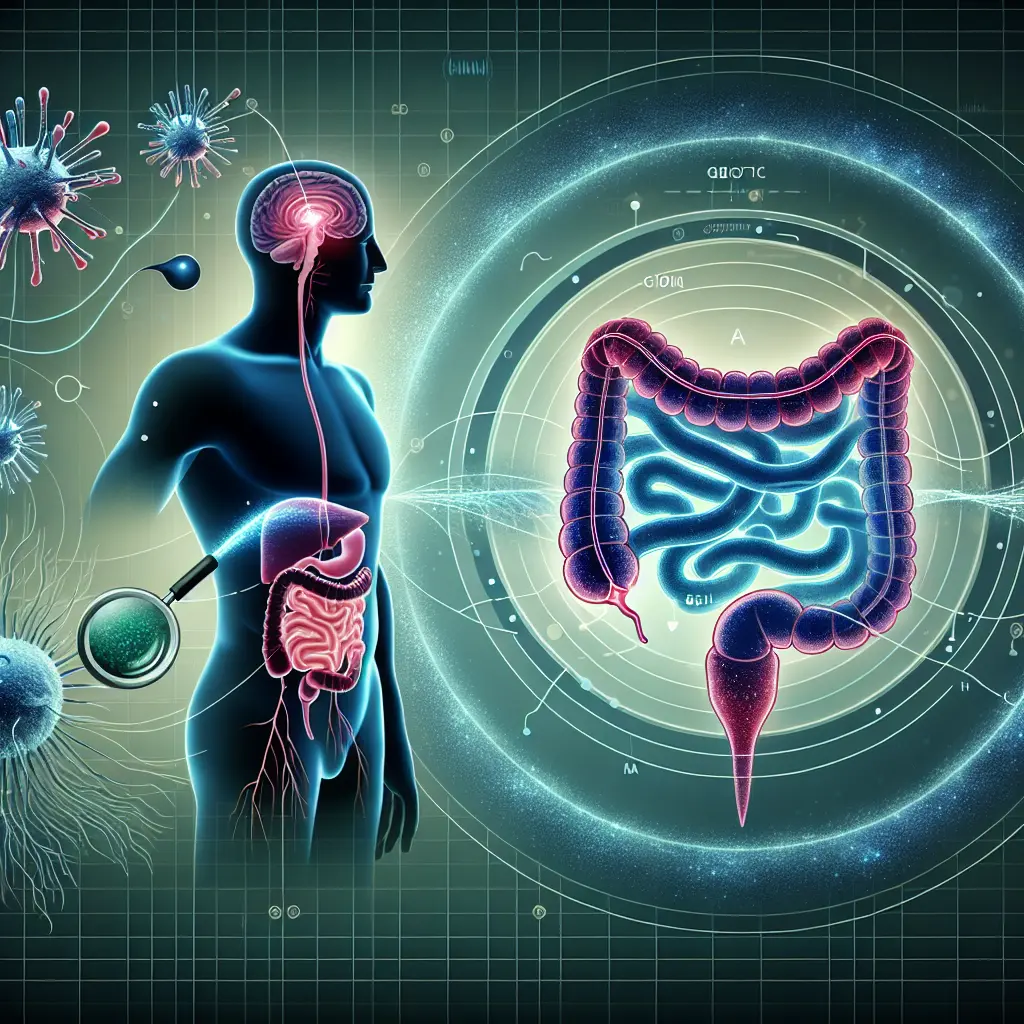
Understanding Postbiotics and Their Influence on Gut-Brain Communication
In recent years, the intricate relationship between our gut and brain has garnered substantial attention, spearheading new avenues in health research. Central to this exploration are postbiotics, non-living microbial byproducts that play a pivotal role in enhancing gut-brain communication. This emerging area of study has profound implications for mental and digestive health, offering unique benefits distinct from those provided by live probiotics. But how exactly do postbiotics contribute to the gut-brain axis?
What Are Postbiotics?
Postbiotics are the metabolic byproducts produced by probiotic bacteria during fermentation in the gut. Unlike probiotics, which are live organisms, postbiotics do not require viability to exert their effects. This makes them more stable and easier to incorporate into various supplements. Recent research highlights their potential in bolstering the immune system, reducing inflammation, and improving neurotransmitter activity, all essential components for maintaining mental well-being source.
The Science Behind Gut-Brain Communication
The gut-brain axis is a bidirectional communication network that links the central nervous system with the enteric nervous system of the gastrointestinal tract. This connection is mediated by neural pathways, immune signals, and microbial metabolites such as postbiotics. When athletes strive for peak performance, they often turn to optimizing their gut health to gain a competitive edge. In fact, Olympic athletes are known to leverage gut health strategies to enhance endurance and recovery, as their unique gut microbiomes are thought to improve cellular energy production source.
Postbiotics in Action: Real-World Applications
Mental Health: By influencing neurotransmitter production, postbiotics can play a significant role in mental health management. Studies have shown that certain postbiotics can modulate mood disorders by affecting serotonin pathways source.
Skin Health: The benefits of postbiotics extend beyond internal health to include dermatological improvements. For instance, postbiotics can enhance skin brightness and reduce age spots by mitigating oxidative stress and inflammation in skin cells, akin to topical applications aimed at achieving brighter skin source.
Digestive Health: With nearly 18% of the global population experiencing bloating weekly, understanding how postbiotics alleviate digestive discomfort is crucial. They support digestive health by fortifying the gut barrier and modulating immune responses source.
The Debate: Probiotics vs Postbiotics
While probiotics have long been heralded for their health benefits, postbiotics are gaining traction as a stable and effective alternative. The traditional debate of probiotics vs postbiotics is evolving into an integrated approach that recognizes the distinct advantages each offers. Probiotics remain crucial for introducing beneficial bacteria into the gut microbiota, but postbiotics provide direct benefits that do not depend on bacterial survival through the digestive tract source.
Innovations and Future Prospects
Recent innovations highlight the transformative potential of postbiotics in food and supplements. For example, products like iota's Superchili Body Mask utilize spicy pepper ingredients known for stimulating blood flow and boosting skin health, showcasing how postbiotic-inspired ingredients are entering consumer markets source. Meanwhile, the growing trend towards health-conscious products like NO CAP! Soda Pop reflects a broader shift towards gut-friendly choices in mainstream consumer behavior source.
Navigating the Gut-Brain Landscape
As we delve deeper into postbiotic research, it's crucial to understand how these compounds impact both physical and mental health. Athletes continue to explore microbiome optimizations for performance gains, while consumers increasingly seek out products that support gut-brain communication for everyday wellness source.
Ultimately, postbiotics represent a significant frontier in understanding how digestive health influences mental states. By focusing on the nuanced interplay between the digestive system and mental well-being, we can develop more holistic approaches to health care that address both cognitive and emotional dimensions.
Are you ready to explore how postbiotics can transform your health approach? Embrace this new understanding of gut-brain communication and consider integrating postbiotic supplements into your daily routine to support both mental and digestive health effectively.
By appreciating these complex interactions, we open new avenues for enhancing overall well-being, emphasizing a future where postbiotic benefits are fully realized in healthcare strategies and everyday living source.
Conclusion: Embracing the Power of Postbiotics
Postbiotics present a fascinating frontier in the exploration of gut-brain communication, offering unique advantages beyond traditional probiotics. Here's a recap of their key roles:
Gut-Brain Connection: Postbiotics enhance the bidirectional communication between the gut and brain, influencing mental and physical health through neurotransmitter activity, immune signaling, and inflammation reduction.
Real-World Benefits:
- Mental Health: Postbiotics impact neurotransmitter pathways to potentially modulate mood disorders.
- Skin Health: They improve skin appearance by combating oxidative stress and reducing inflammation.
- Digestive Health: These byproducts support digestive wellness by strengthening the gut barrier and modulating immune responses.
Innovation and Integration: The rise of postbiotic-inspired products highlights their potential in enhancing everyday health through food and supplements.
As we continue to unravel the complexities of postbiotics, it is crucial to recognize their role in a holistic health approach. By integrating postbiotics into your routine, you can support both mental and digestive well-being, paving the way for a more balanced lifestyle.
The journey of understanding postbiotics is just beginning. Share your thoughts or experiences with postbiotics in the comments. How do you envision integrating them into your health strategy?
By fostering an appreciation for these intricate interactions, we move closer to a future where postbiotics are integral to healthcare and daily life, unlocking new dimensions of well-being.
Author: Landon Mitchell